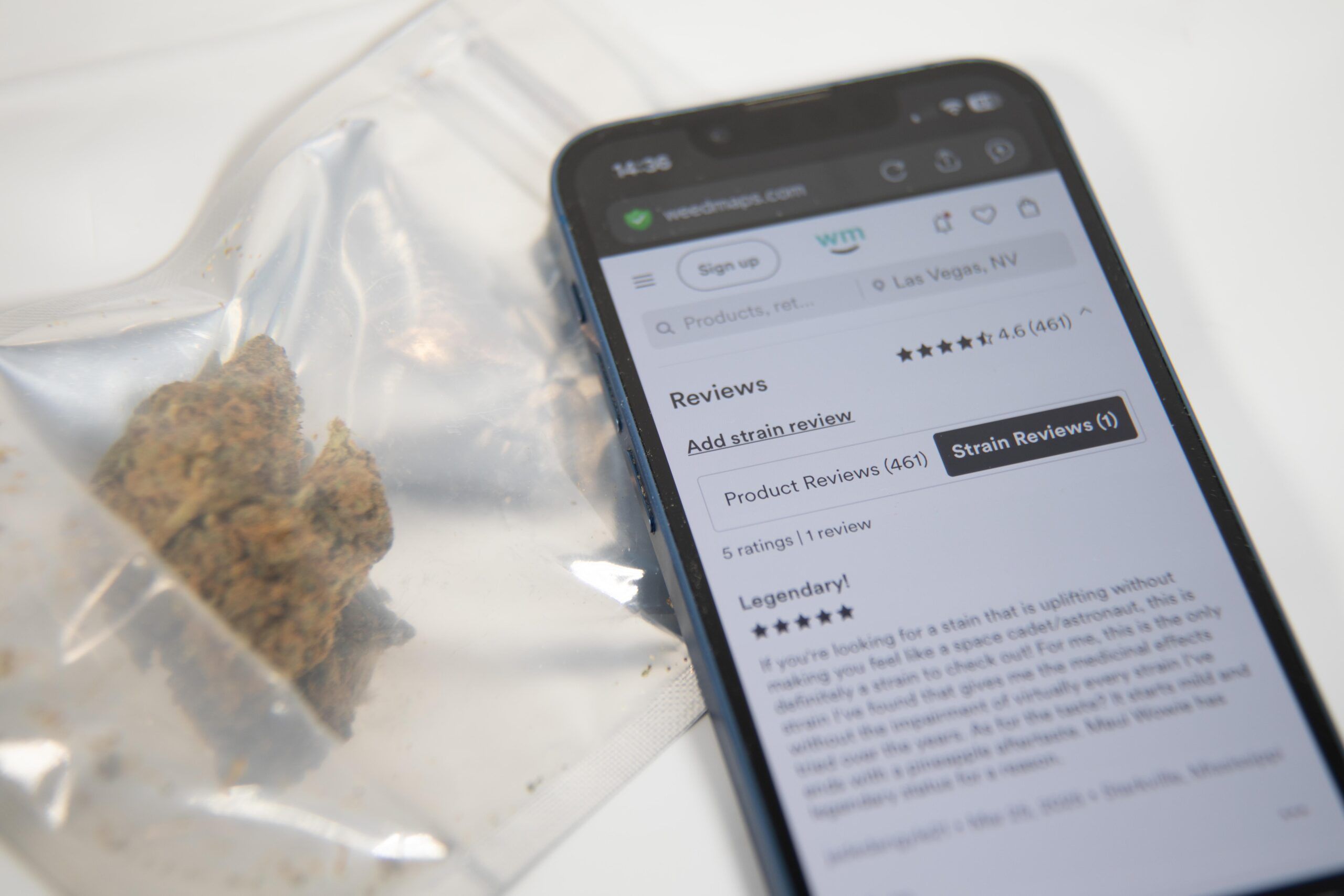In today’s digital cannabis market, online reviews wield incredible power. Whether posted on dispensary websites, Leafly, Weedmaps, Reddit, or Google, cannabis product reviews have become one of the most influential factors in guiding consumer purchasing behavior. From first-time buyers to seasoned connoisseurs, most customers won’t finalize an order without first scrolling through at least a few ratings and firsthand user experiences.
As the cannabis industry evolves, shoppers increasingly treat strain reviews like Yelp ratings or Amazon product feedback. According to a 2023 Brightfield Group survey, nearly 80% of cannabis consumers in the U.S. stated that product reviews influenced their buying decisions, with many placing more trust in user-generated content than in brand marketing.
This shift is part of a broader trend in consumer behavior: the demand for transparency and authentic experiences. Cannabis customers, especially those shopping online or through delivery apps, rely on fellow consumers to help navigate the sea of flower, vapes, concentrates, and edibles. When trying a new brand or product type—especially those with high price tags—readers want honest insight into how potent, tasty, or effective it is. That feedback builds community trust, sets product expectations, and helps users avoid a bad experience.
For example, a top-shelf hybrid flower may have a sleek label and polished marketing campaign, but a customer review warning that it “burned too quickly” or “didn’t produce noticeable effects” can instantly turn off other buyers. On the flip side, glowing reviews—describing an edible’s consistent dosing or a vape’s smooth pull—can create buzz and spike sales overnight.
Dispensaries and cannabis brands know this well. That’s why many now encourage verified reviews, post customer testimonials, and even incentivize feedback through loyalty points. But consumers aren’t easily swayed by shallow praise. Authenticity is key. Reviews that include specific context—such as why the reviewer used the product (pain relief, sleep, creativity), the setting, and their tolerance level—tend to be more impactful.
However, there’s a flip side to all this influence: misinformation and review manipulation. As with any digital marketplace, fake reviews or biased feedback can skew perceptions. That’s why many savvy cannabis consumers cross-reference reviews across multiple platforms and look for consensus patterns. If dozens of customers agree a certain edible causes anxiety, it’s worth paying attention. If only one user complains, it might be a fluke or tolerance mismatch.
Interestingly, cannabis reviews don’t just influence what people buy—but how much they purchase and where they shop. Reviews can direct customers to specific dispensaries with trusted products or steer them toward brands that consistently deliver quality. This has created a new form of digital word-of-mouth, especially among cannabis influencers and bloggers, who often shape local buying trends with their online presence.
For dispensary operators and cannabis brands, this reinforces a critical lesson: prioritize the product experience, not just the packaging. In an industry built on trust, the loudest marketing tool might just be the voice of the everyday consumer.

